Teenagers Don’t Like Braces
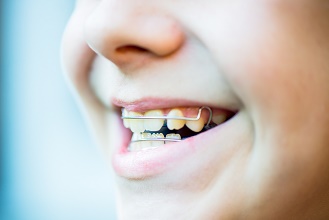
It’s a fact that teenagers hate wearing dental braces. However, parents and dentist don’t conspire to make life miserable for today’s younger generation and help is at hand thanks to modern advances in dental care and there are now less visible options available.
- Invisalign is a system of transparent trays that progressively change to move teeth into place.
- Lingual Braces are placed on the inside of the teeth and are almost unnoticeable.
- Damon Braces are similar to traditional braces but use clear supports rather than wire.
These are the most common and best choices for “more attractive, subtle and effective” alternatives to braces and further details can be found at https://yourdentalhealthresource.com/my-teenager-doesnt-want-braces-what-are-my-alternatives/.

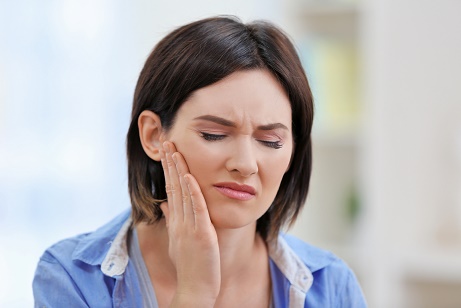
_0_o.jpg)
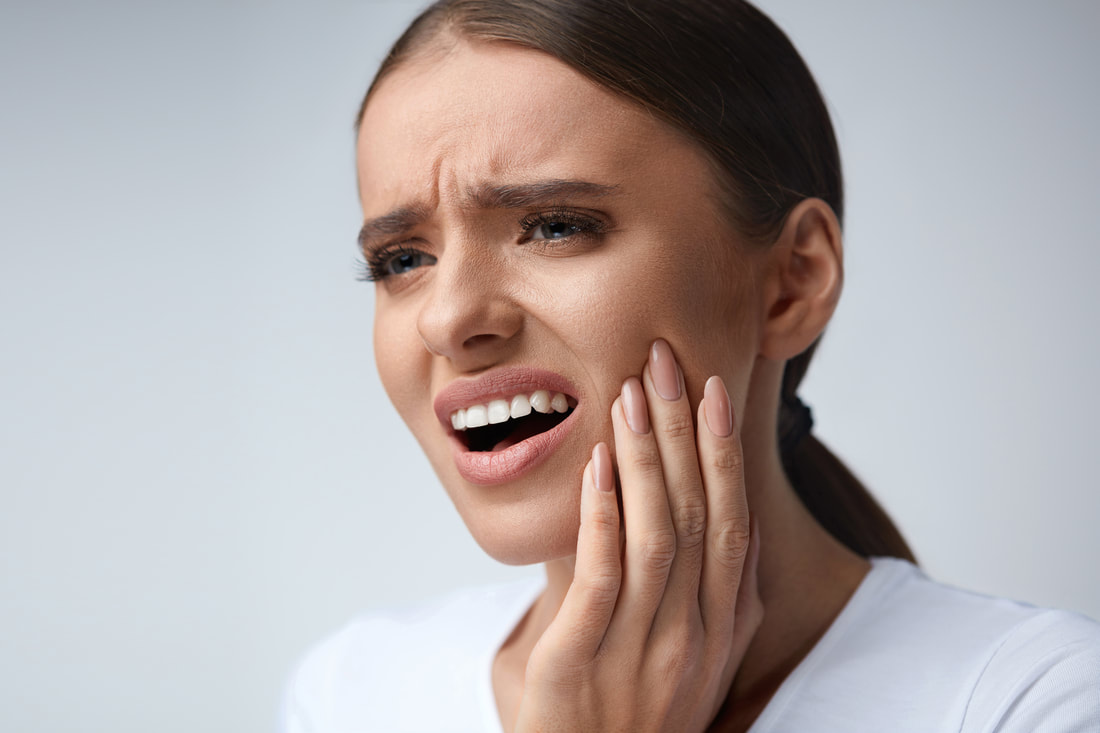 People with burning mouth syndrome experience a burning sensation in the tongue or lips that lasts for months and sometimes years. A recent study investigated the use of Botox to treat this painful condition.
People with burning mouth syndrome experience a burning sensation in the tongue or lips that lasts for months and sometimes years. A recent study investigated the use of Botox to treat this painful condition.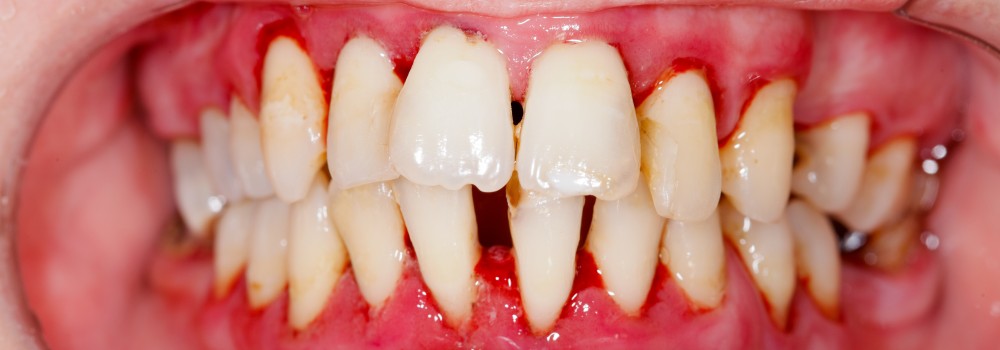 Temporomandibular joint disorders (TMJ) are common but are more common in women than men. TMJ disorders impact the jaw joint and muscles that control the jaw and can be difficult to diagnose.
Temporomandibular joint disorders (TMJ) are common but are more common in women than men. TMJ disorders impact the jaw joint and muscles that control the jaw and can be difficult to diagnose.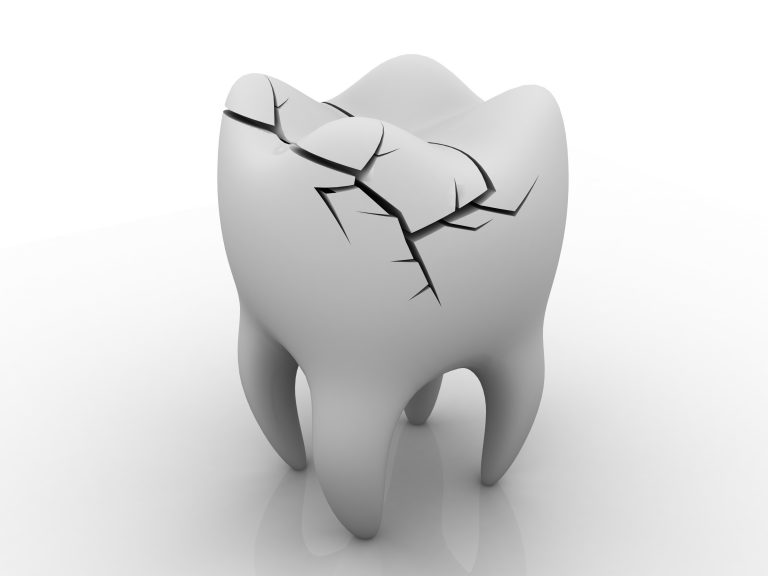 Our teeth can suffer from injuries or cavities that cause them to die. Symptoms include discolouration and pain. A professional dentist will be able to provide an accurate diagnosis. How will the dentist treat a dead tooth once it has been discovered?
Our teeth can suffer from injuries or cavities that cause them to die. Symptoms include discolouration and pain. A professional dentist will be able to provide an accurate diagnosis. How will the dentist treat a dead tooth once it has been discovered? Promoting positive dental habits in your children from an early age establishes a solid routine to last a lifetime.
Promoting positive dental habits in your children from an early age establishes a solid routine to last a lifetime.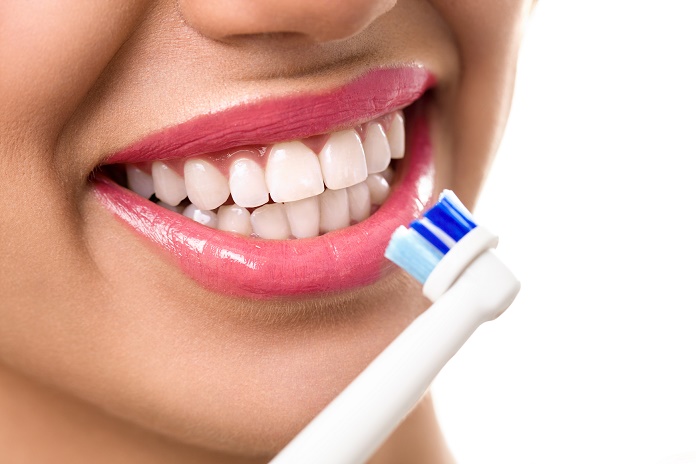 It is possible that you have been brushing your teeth the wrong way. Even people who have long brushing sessions are surprised when the dentist diagnoses dental problems like gum disease.
It is possible that you have been brushing your teeth the wrong way. Even people who have long brushing sessions are surprised when the dentist diagnoses dental problems like gum disease.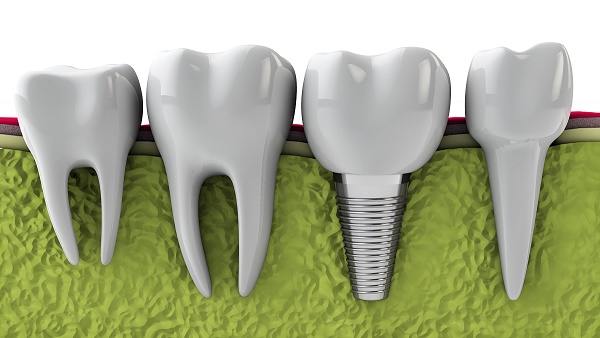 Dental implants are the most common option when it comes to replacing missing teeth. Nowadays, there are several varieties to choose from. Your dentist will advise you which one is best in your particular case.
Dental implants are the most common option when it comes to replacing missing teeth. Nowadays, there are several varieties to choose from. Your dentist will advise you which one is best in your particular case. 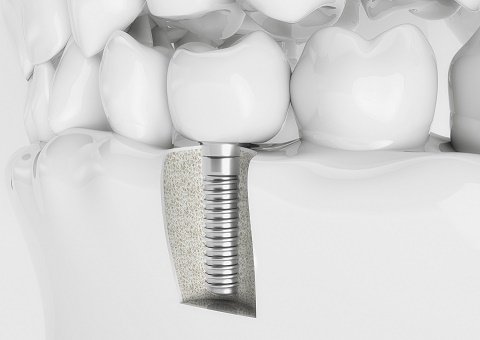 It has been known for some time that stem cells can be used to replace or repair damaged tissues. There may indeed come a day when dentist utilises these modern powerhouses to treat ailments and even to grow new teeth. What are some recent advancements worth noting?
It has been known for some time that stem cells can be used to replace or repair damaged tissues. There may indeed come a day when dentist utilises these modern powerhouses to treat ailments and even to grow new teeth. What are some recent advancements worth noting?


